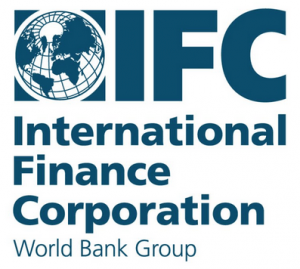IFC to support food production in Zambia, other countries with $150m
 The International Finance Corporation (IFC), has agreed to lend $150 million to Yara International ASA, to support food production through investments in new fertilizer production in Zambia and distribution in Brazil and Colombia.
The International Finance Corporation (IFC), has agreed to lend $150 million to Yara International ASA, to support food production through investments in new fertilizer production in Zambia and distribution in Brazil and Colombia.
The IFC said in a press release, that the financing will be used for acquiring and upgrading fertilizer production facilities in Zambia, as well as expanding and improving efficiency of fertilizer production, warehousing and distribution facilities in Brazil and Colombia.
These investments are expected to improve availability and affordability of high quality fertilizers, strengthen competitiveness of local famers, thereby creating jobs and enhancing food production, it said.
Yara will provide farmer training to promote adoption of precision farming techniques for reducing water use and carbon emissions. Broader access to premium fertilizer should also benefit the environment by increasing yields from existing land and water resources.
“Meeting food demand for a growing global population with limited land and water resources requires access to high-quality fertilizers and focused work to improve resource efficiency. Improving access to value-added crop nutrition solutions is an effective way for Yara to contribute to improving global food security, while at the same time reducing the climate footprint of agriculture,” Torgeir Kvidal, Chief Financial Officer of Yara International was cited as saying in the release.
“This investment is in line with IFC’s strategic priorities in the Latin America and African regions. It will support increase availability of higher-quality fertilizers at more affordable cost, support climate smart farming and create jobs in Brazil, Colombia and Zambia,” Sergio Pimenta, IFC Director for Manufacturing, Agribusiness and Services was also cited as saying in the release.
Investments in manufacturing, it pointed out, are a priority for IFC because of this sector’s importance for generating jobs and its ability to make other economic industries in developing countries, such as agribusiness, health and infrastructure, more efficient and competitive.
By Pamela Ofori-Boateng
